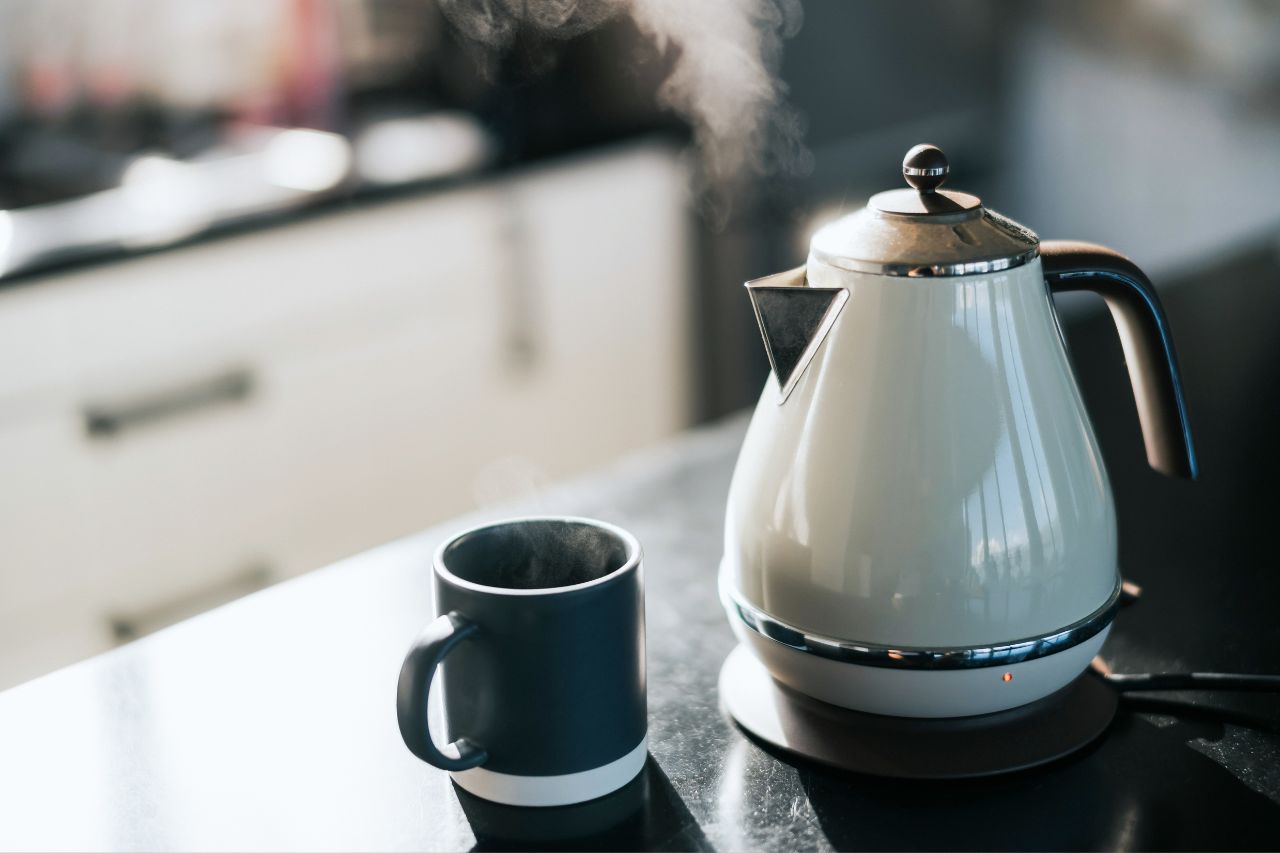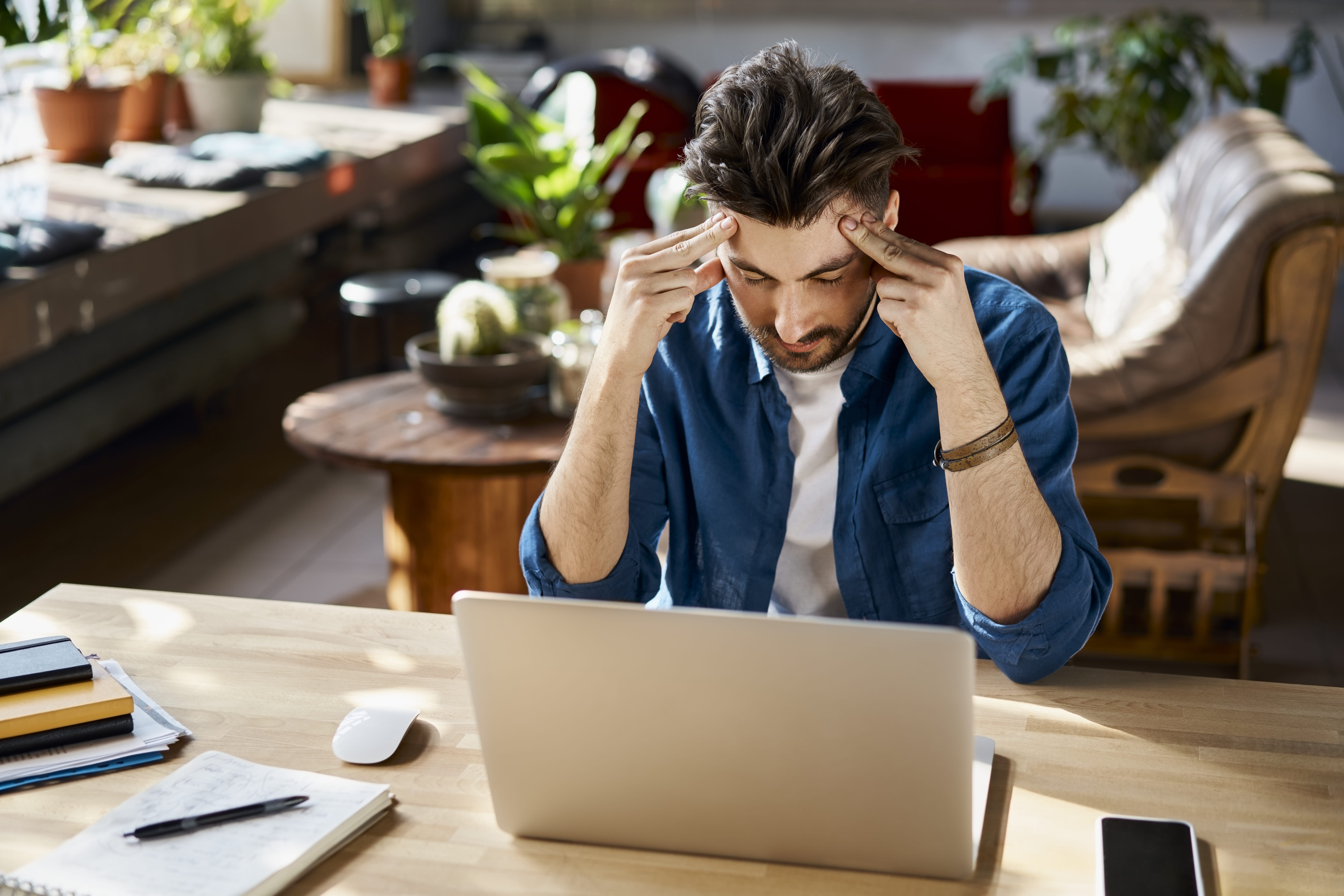What's Caffeine?

Caffeine is a bitter, white substance that acts as a stimulant in the body. In nature, it’s present in the leaves of more than 60 plants, including coffee beans and tea leaves. The U.S. Food and Drug Administration (FDA) categorizes caffeine as a food additive and a drug.
The typical adult in the U.S. consumes around 200 mg of caffeine daily. That equates to two five-ounce cups of coffee or four 12-ounce cola drinks. Most people can consume up to 400 mg of caffeine daily without problems.
Where Can You Find Caffeine?
You can find caffeine naturally in or added to various beverages and foods, including:
- Coffee
- Tea
- Soda
- Energy drinks
- Chocolate
- Guarana (the seed from a South American plant used in foods, drinks, and supplements)
The amount of caffeine in a food or beverage varies based on how it’s prepared or manufactured.
The Benefits of Caffeine
In appropriate amounts, caffeine can be beneficial. For example, it can:
- Increase alertness
- Improve focus and concentration
- Increase metabolism
- Reduce the risk of neurodegenerative diseases (especially in coffee)
- Improve asthma control
- Protect the liver
- Possibly reduce the risk of Alzheimer’s disease
However, many presumed benefits are based on observational rather than controlled studies.
The Drawbacks of Caffeine
On the other hand, caffeine can cause adverse symptoms, including:
- Agitation
- Insomnia
- Tremors
- Anxiety
- Tachycardia (abnormally fast heart rate)
- Restlessness
- Stomach upset
- Psychomotor agitation (purposeless, repetitive movements)
Why Should I Quit Caffeine?
While it’s safe in moderation, there are benefits to quitting caffeine. They include:
Improved sleep
Caffeine can stay in your system for up to 10 hours, and that stimulation can interfere with sleep. Quitting caffeine removes that hurdle, making it easier to get the rest your body needs.
Reduced anxiety
Stimulation from caffeine can cause or worsen anxiety. Reducing stimulation by eliminating caffeine from your diet has the opposite effect.
Mood improvement
Getting more sleep can improve your mood and outlook on life. In addition, having caffeine in your system may intensify your focus in a negative way. Removing the stimulation may help you feel less stressed and happier.
More energy
It may seem paradoxical since caffeine is a stimulant, but you’ll likely experience higher energy levels when you stop consuming it. Many factors contribute to that change, including getting better sleep, experiencing less of a drain from anxiety, etc.
How to Quit Caffeine
If you decide to quit caffeine, it’s critical to have a plan. Giving up your morning coffee or other caffeine sources without preparation (“quitting cold turkey”) rarely goes well.
The most crucial factor in successfully quitting caffeine is to do so gradually.
Slowly reduce caffeine consumption
You can gradually cut back on caffeine in a few ways. For example, if coffee is your primary source, you can switch from a light roast (which has more caffeine) to a dark roast. You can also use a mix of caffeinated and decaffeinated coffee when making your morning cups. Then, you can start making and consuming smaller amounts.
Similar principles apply to other beverages. Combining substitutions and gradual volume reductions can help you kick your caffeine habit successfully.
How Long Does Caffeine Withdrawal Last?
You may experience withdrawal symptoms when you quit caffeine. The benefits of cutting out caffeine may be worth it to you, but you should be aware that you might be fatigued, have “caffeine headaches,” feel depressed, have trouble concentrating, etc.
But the symptoms are relatively short-lived. Most people adjust to removing caffeine from their diet in two to nine days. At most, you may feel a little “off” for up to a few weeks.
Get Advice on Kicking Your Caffeine Habit from Baptist Health
As noted above, the FDA considers caffeine a drug. While it’s not technically addictive, it can be hard to stop consuming it. That can be true even when you know its harmful effects, like agitation, anxiety, etc.
You may have considered the benefits of not drinking coffee or not getting caffeine from other sources and decided to eliminate it from your diet. If that’s the case, but you aren’t sure how to start, our behavioral health experts can help.



